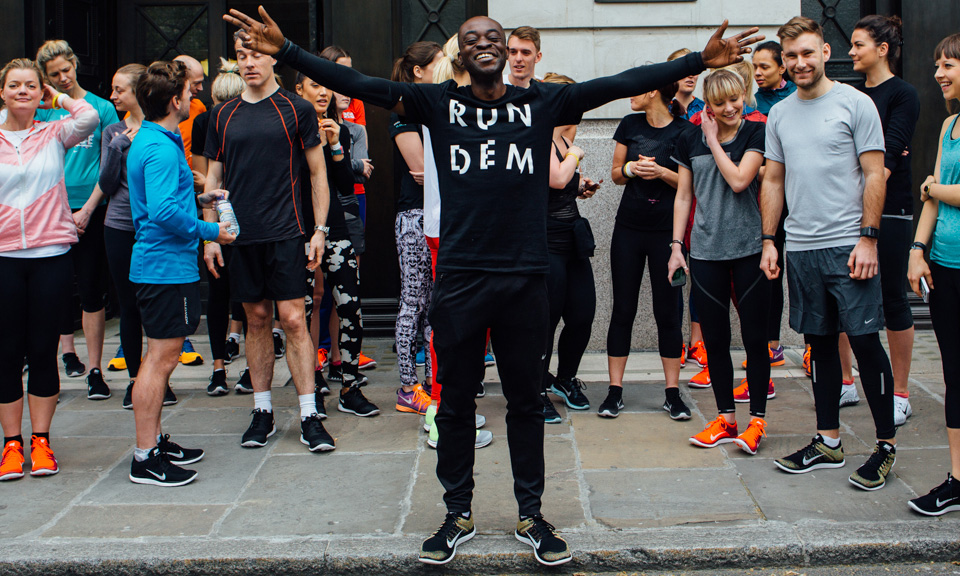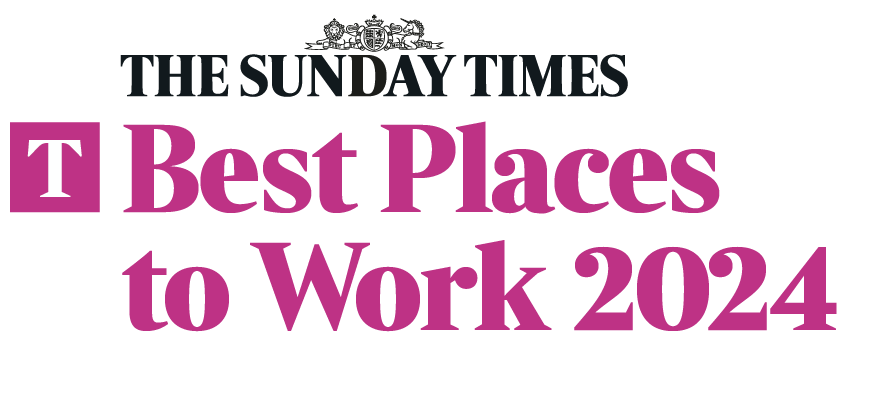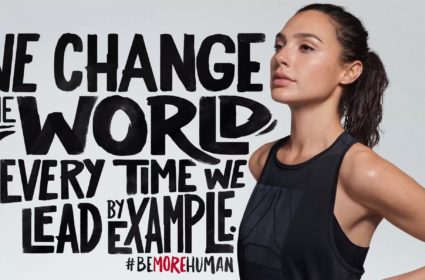Brand purpose or community-building?… what we’ve been reading this week at Brand Genetics

We’ve been reading all about brand purpose and the power of brand communities and a few revealing insights have caught our eye…
Brands often get a bad reputation. As symbols of commercialism many people have negative associations with brands, believing them to embody conformity, mediocrity and the suppression of individuality. However, we are seeing a brand revolution with brands increasingly concerned with purpose; creating meaning and backing social cause as well as building IRL communities. This week we reflect on how tapping into human needs can enhance brand identity.
Brands can be good
Having spent more than twenty years understanding people’s relationships with brands, here at Brand Genetics we are very pro-brand (the clue is in the name!) When executed well they have the ability to have a positive impact on people’s lives, fulfilling some very basic human needs, such as the desire to belong or feel safe. We believe the idea of a brand is an important one, and good economies need good brands to thrive. As the School of Life explains, “a brand is a constellation of qualities; it is a personality in the material realm” and thus brands create symbols of identity for individuals, helping them construct their sense of self. But how do brands create this? As the School of Life questions: “What makes a brand admirable in broad human terms? What makes it good, in the sense of contributing to human flourishing and leading the best lives we can?”
Two ways are creating brand purpose and community building.

Nike community running club “Run Dem Crew”
Brand Purpose
Purpose can loosely be defined as a long-term intention to accomplish something that is both meaningful to people and socially beneficial. As such, a purpose fulfils a basic human need and goes beyond strategy. As Dee Hock, founder and CEO of Visa notes, “it represents a reason for being and doing – something that goes beyond immediate returns.” Purpose-led brands gift consumers with the opportunity to feel as though their purchasing power has meaningful impact. Since purpose is relational and “the main currency today is meaning”, brands who adopt purpose are strengthening their relationships; both internally as an organisation, but most imperatively externally with their customers. Their success has been exemplified by the dramatic rise of purpose-driven brands over the past decade. Recent data from Unilever shows that their commitment to purpose has doubled their sales. Unilever’s 18 sustainable living brands “which all have a clear purpose” have delivered 60% of Unilever’s growth, and are growing over 50% faster than the rest of the business.

The members-only Rapha Cycling Club (RCC)
Relationship-building
An alternative way brands are successfully strengthening these relationships is by building community. Communities reinforce relationships and relationships create feelings of belonging and connectedness, an inherently human need. In 2007, Nike launched Run Dem Crew, a collective of urban runners who meet weekly to run the streets of cities, who explain that first and foremost they are “a family and community”. In 2014, cycling apparel business Rapha launched RCC, a membership organisation grown out of the brand which embodies the same cues and codes of traditional community groups’; “rituals, local organizers, chapters and clubhouses around the world, symbols, shared identity, and social activities.” In this digital age where social isolation is on the rise “the next frontier for great brands is stepping into the cultural need and market opportunity for deeper, real-world person-to-person connection.”
The HX learnings? Not all brands are made equal, and thus the goal should not be to eliminate brands, but rather to elevate the concept of what a brand is and can be. Purpose-led or community-led brands are favourable because they offer consumers the opportunity to fulfil some deep human needs and connect on an emotional level. In order to do so it is imperative to answer these three questions:
- What you are trying to achieve as a brand, and more importantly why?
- What makes your brand admirable in broad human terms?
- What makes it good, in the sense of contributing to human flourishing and leading the best lives we can?




